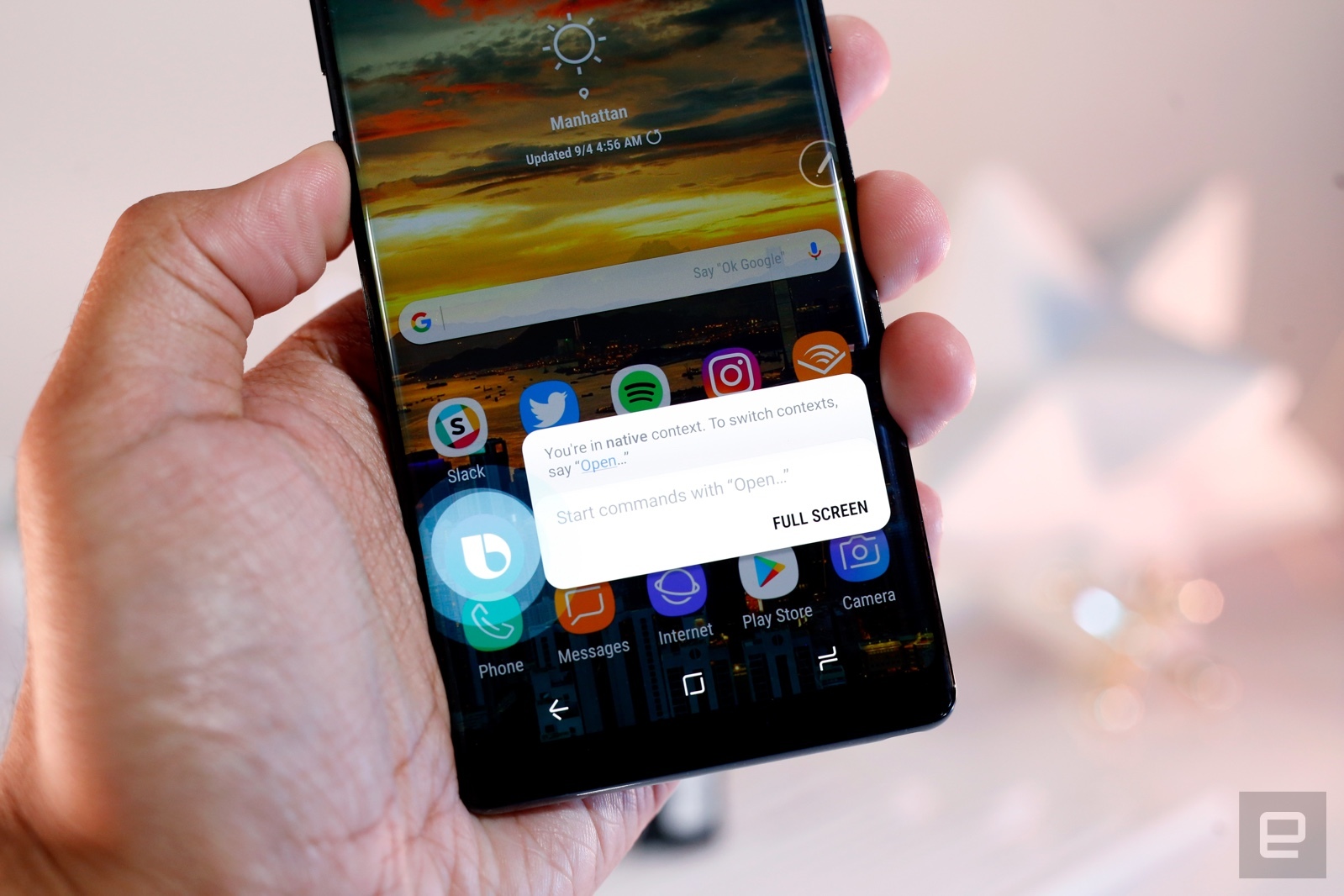
The date we were promised an introduction to Sailfish is here, and it turns out Jolla's not just targeting smartphones with its MeeGo-based OS, but tablets, smart TVs and other devices, too. Jolla has kept its OS under wraps until now, but it wants Sailfish to be an open-source affair which "will be built through community involvement and participation." The SDK will be available soon, and we should get a look at the UI during a presentation occurring shortly. We're assured superb multitasking capabilities, as well as deep personalization and "fast and effortless interaction." Jolla has said Sailfish will be available for use with "multiple chipset technologies," and is already supported on ST-Ericsson's NovaThor platforms. It's also reported that it's partnering with Finnish carrier DNA to promote and sell Sailfish smartphones on home turf. The full reveal is coming shortly, so we'll let you know more as soon as we do.
Update: The Jolla team took to the stage with touchscreen hardware in hand (we also spotted a Raspberry Pi), keen to express how they've been working all hours to boot Sailfish on anything they can find. The company called its creation the first truly "open ecosystem," and said that development will be fully transparent from the outset. While there will be Jolla-branded phones launching, Sailfish is also being offered to handset manufacturers to use on their own hardware. The UI tour wasn't as in depth as we'd have liked, but "true multitasking" was the main focus. Active programs can be pinned to the homescreen as tiles (in a layout that looks something like BlackBerry 10), which offer some control of the app without it hogging the screen. They also showed off a feature called "Ambiance," which uses colors from a picture you select to tint the UI. We wish we had more info to share, but right now, we're all just left wanting more.
Continue reading Jolla's Sailfish OS promises multitasking, personalization and 'effortless interaction' (updated)
Filed under: Cellphones, Tablets, Software, Mobile
Comments
Source: DNA
 Samsung is the latest in a long line of tech titans to announce its very own bug bounty program. As its title suggests, the newly-launched Mobile Security Rewards Program will pay users for reporting vulnerabilities in the company's latest firmware....
Samsung is the latest in a long line of tech titans to announce its very own bug bounty program. As its title suggests, the newly-launched Mobile Security Rewards Program will pay users for reporting vulnerabilities in the company's latest firmware....
 Samsung is the latest in a long line of tech titans to announce its very own bug bounty program. As its title suggests, the newly-launched Mobile Security Rewards Program will pay users for reporting vulnerabilities in the company's latest firmware....
Samsung is the latest in a long line of tech titans to announce its very own bug bounty program. As its title suggests, the newly-launched Mobile Security Rewards Program will pay users for reporting vulnerabilities in the company's latest firmware....










